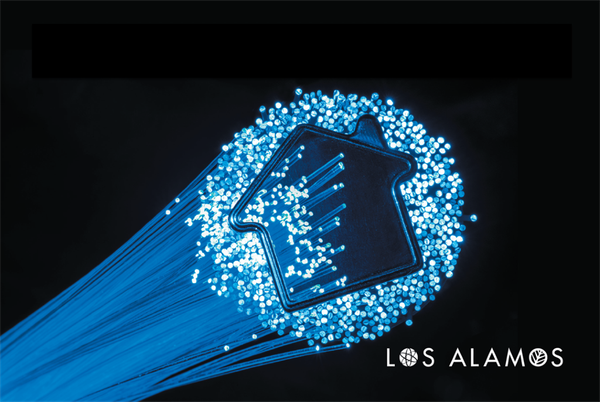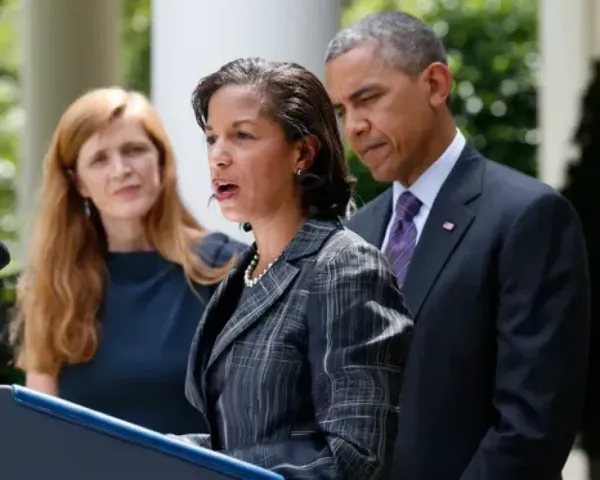CAF II Auction Recipients Push FCC to Extend Letter of Credit Waiver, Relax Restrictions
The agency proposed a shorter, more restrictive waiver.
Jake Neenan

WASHINGTON, September 14, 2023 – Internet service providers who received project funding under the Connect America Fund Phase II Auction are asking the Federal Communications Commission to continue waiving their letter of credit requirements.
The FCC requested in August comments on a proposal to extend the waiver for one year — through December 2024 from the current December 31, 2023 date — and limit it to providers who have filed all location reports on time and have finished at least 60 percent of the total locations they agreed to build in each state. In 2020 the FCC waived the letter of credit requirements — requiring a cash collateral on agreements for risk assessment — for auction recipients in response to the pandemic, allowing them to comply with the less restrictive Rural Digital Opportunity Fund letter of credit rules.
Without the waiver, providers would need to secure letters of credit for all support they had previously received, plus the money they are slated to receive in the coming year. The waiver reduces that requirement to a single year of funding if providers build infrastructure at the agreed upon pace.
Auction recipients, through the Connect America Fund Phase II Coalition, pushed back on both conditions in a filing to the FCC dated Monday and asked for a two-year extension on the waiver, citing long-term economic effects of the pandemic and rising interest rates. That would keep the waiver in place until December 31, 2025, the entire remaining build timeline.
The coalition asked for a lighter deployment threshold, 57 percent of a provider’s obligated locations rather than 60. It also pushed the FCC to include providers who have missed a filing deadline in the waiver, calling the “one strike and you’re out” proposal “disproportionate,” the filing said.
The CAF II auction provided in 2018 nearly $1.5 billion for providers to build out network infrastructure in areas that are expensive to serve. Recipients of funds under the auction are not required to provide broadband speeds, with a minimum requirement of 10 Mbps upload and 1 Mbps upload.
RDOF, which concluded a similar reverse auction in 2020, has allocated over $9 billion for the same purpose, with up to $11.2 million available for a second phase.
Future auctions are in jeopardy, though, as providers defaulted on nearly $3 billion of the initial award. Those that have not defaulted are pressing the FCC for more funding.
More than 300 people in the broadband industry asked the National Telecommunications and Information Administration to remove the requirement for the upcoming $42.5 billion BEAD grant program, arguing it prevents smaller providers with less capital on hand from participating.











Member discussion